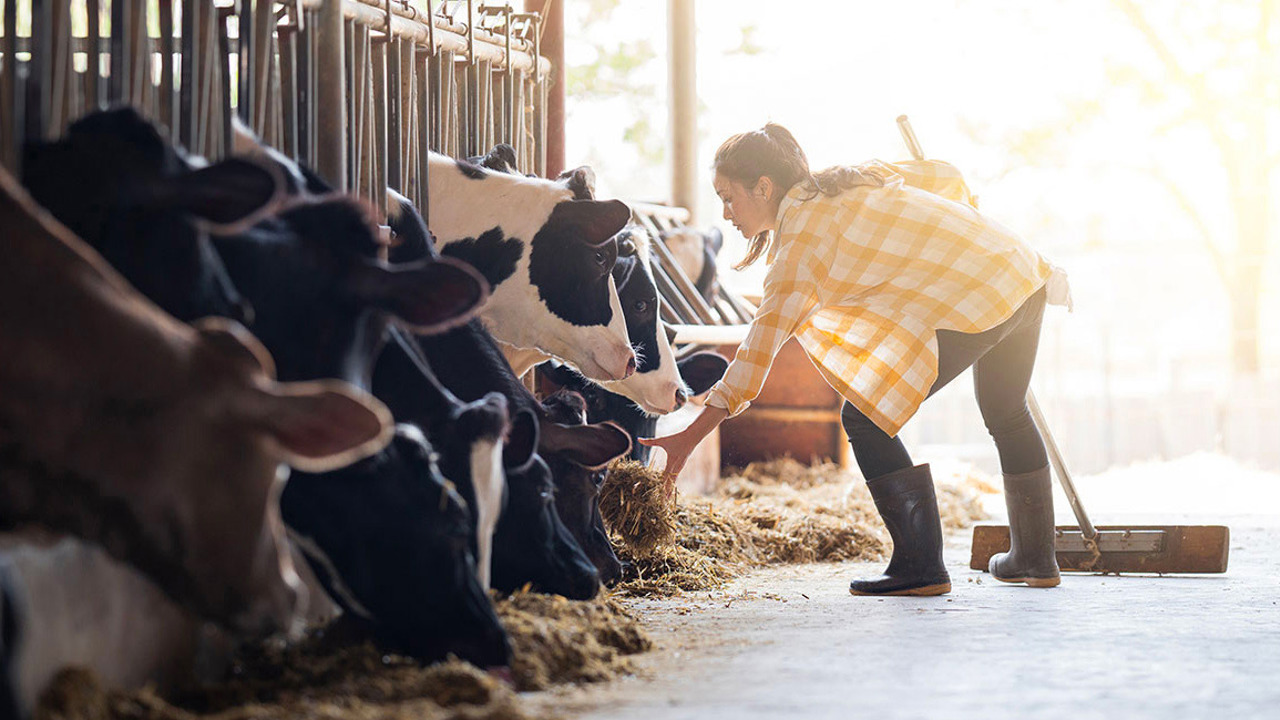March is the month when International Women’s Day is celebrated globally, agriculture to those looking from the outside in perhaps has a very male orientated façade – but the world is changing and will be all the better for it. Historically there were fewer women than men involved in farming, both at a practical level and a leadership level. However, only very rarely in over 20 years of consultancy and banking have I come across a business that was led in a unilateral way by male partners without involving the female partners within the business or for that matter regardless of if they were not partners in the business or not.
There is no getting away from the fact, there is a legacy of agriculture being male dominated sector and this is for dated reasons – people within agriculture tend to stay in agriculture for life, so the change to a more diverse sector is going to slow and steady. However, part of that historic legacy is down to the perception of agriculture as hard, heavy work sector with much manual work and, very incorrectly, little need for broad intelligent thinking. When I was leaving school in the 1980s the careers advisors often pushed those who were not the most diligent academically (myself very much included!) and also of strong stature down the route of agriculture, building trades or heavy industry. Thirty years ago the list of what a farmer needed to be would have included the staples which it still includes today – stockperson, driver, plumber, electrician, welder – the list is endless – however probably it would have also included labourer on the list, and to a degree it still does today. However, in modern agriculture the list now includes computer programmer, data analyst, negotiator, legislation interpreter, compliance recorder and again, many many more. Tie into that the innovation in machinery and technology means that many of the historic heavy manual tasks – many for which were unappealing to anyone looking for their future career – have fallen by the wayside. This opens the industry up to attract new talent, new innovators and tomorrows leaders from many and varied different backgrounds to that which prevailed 30/40/50 years ago and beyond.
The world of agri-tech can be fast paced and very fluid, however the ongoing innovation can impact the shape and diversity of sector over time too. It has always been a sector where intelligent, fast paced, lateral thinking and problem solving was required, but now even more so. Although much tractors and machinery were around when I was in my teens (I’m not that old!) some of the innovation which has followed has moved agriculture into a fast paced sector where the physical requirements can easily be picked up by machines and technology. The world of agriculture still has a way to go on the diversity and inclusion area, as many other industries and organisations do, however, the innovation and agri-tech we have seen over the last 40 years has opened the industry up, and in the coming years – and at a much more rapid pace – this is a process that will continue to happen. Agri-tech is playing a huge part in that, long may it continue.
Barclays (including its employees, Directors and agents) accepts no responsibility and shall have no liability in contract, tort or otherwise to any person in connection with this content or the use of or reliance on any information or data set out in this content unless it expressly agrees otherwise in writing. It does not constitute an offer to sell or buy any security, investment, financial product or service and does not constitute investment, professional, legal or tax advice, or a recommendation with respect to any securities or financial instruments.
The information, statements and opinions contained in this content are of a general nature only and do not take into account your individual circumstances including any laws, policies, procedures or practices you, or your employer or businesses may have or be subject to. Although the statements of fact on this page have been obtained from and are based upon sources that Barclays believes to be reliable, Barclays does not guarantee their accuracy or completeness.
